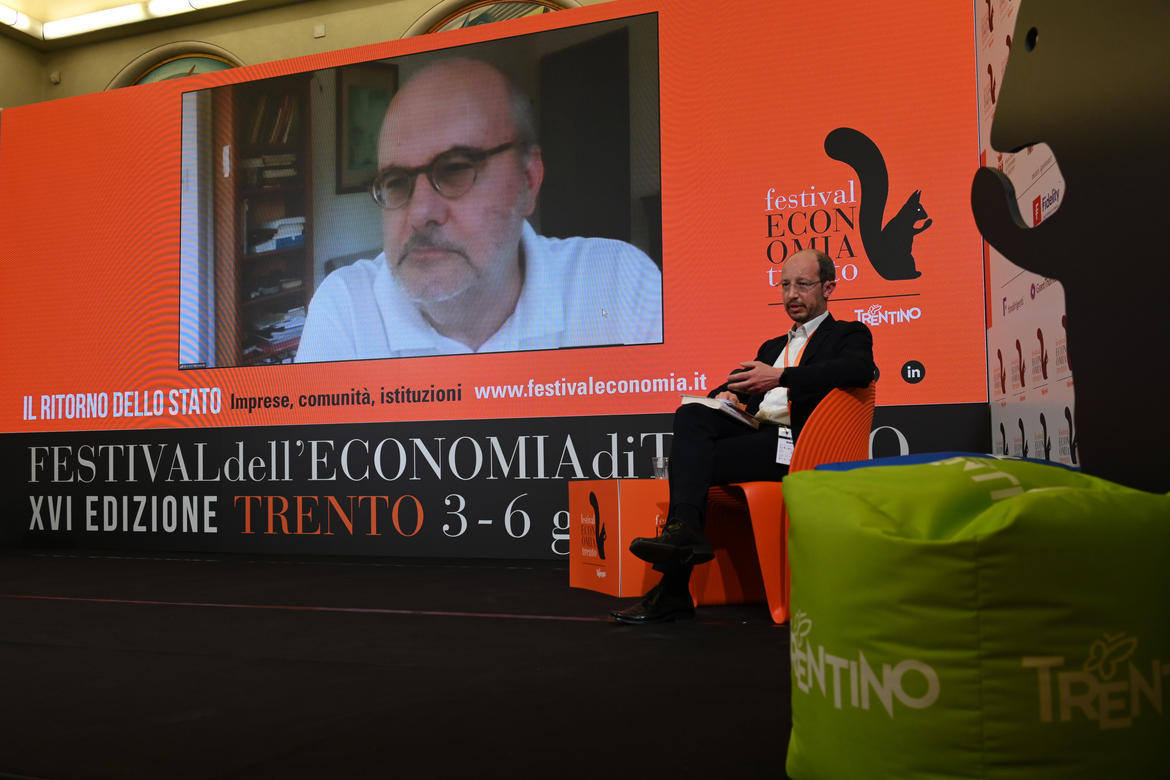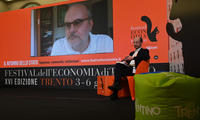
This historic change has been brought about by the rise of Asiatic countries and thus the rebalancing of economic power between the USA and Europe on the one hand, and Asia on the other. Moreover, perhaps for the first time since the industrial revolution, the income of the three continents has come closer together, returning to more or less the same relative levels present in that era (albeit higher in absolute terms).
In the book the author explains what he means by this, because if we understand capitalism as a well-defined system in which the goals of production are profit and the diffusion of autonomous paid labour, with predominantly private capital and decentralised coordination, then the whole world is capitalist.
By cross-referencing data, Branko Milanovic has developed his own graph - also known as the "elephant curve" - which he uses in all his studies and research and with which he shows the progress of global income in the last 20 years for each rung in the distribution of income. The visual rendering shows that the income of the few super-rich in the world has surged upwards, following a curve like an elephant's trunk. In support of his theory, if we look at inequality between countries at 'global level', this has in effect decreased, whereas inequality has instead increased in countries where "liberal" capitalism reigns supreme. While the global gap has narrowed, the transfer of wealth and prosperity from the western to the eastern middle classes has in fact increased inequality in our part of the world.





